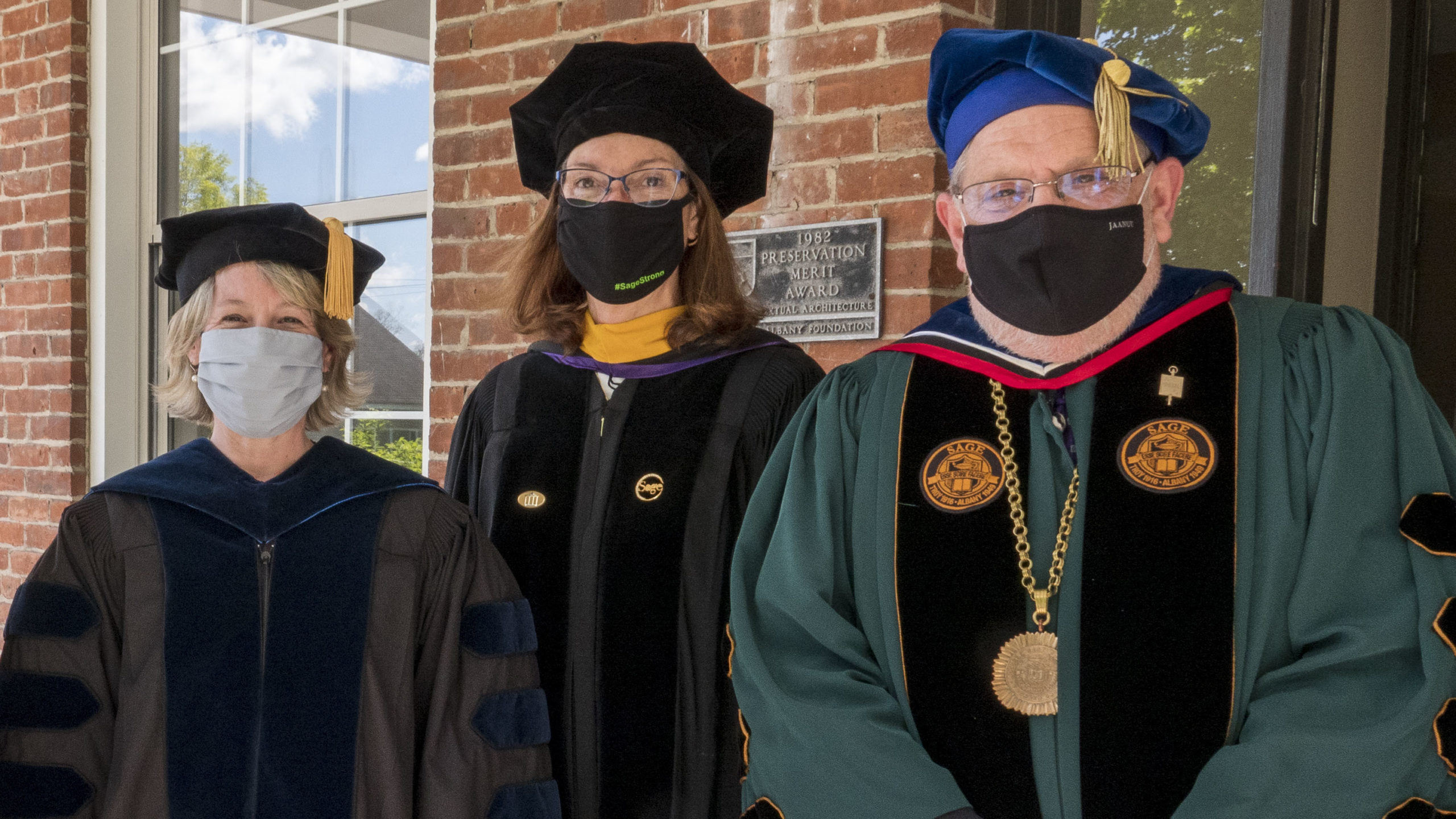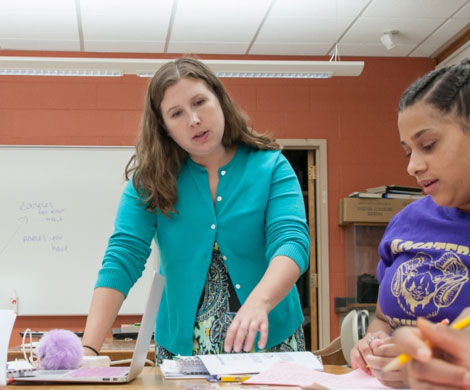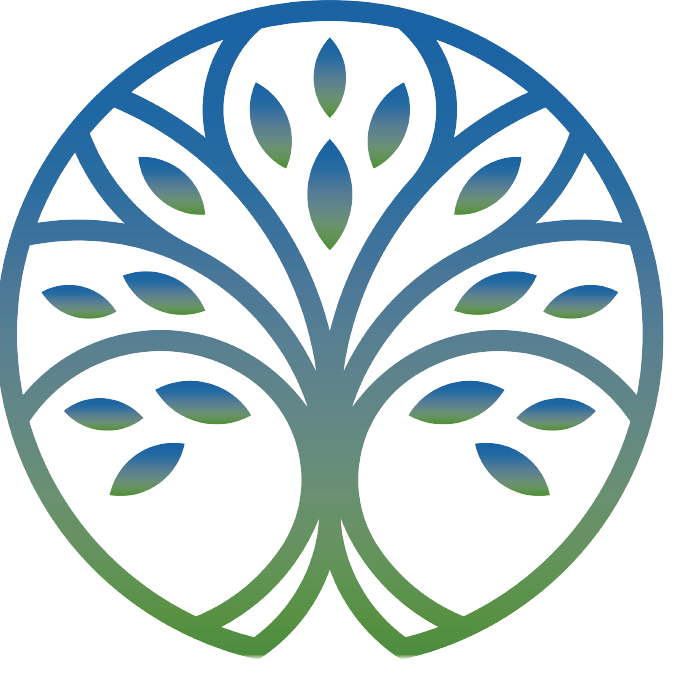Student Nurses Go Above and Beyond to Support Each Other and Vulnerable Community Members
As Russell Sage College celebrates its 100th year of Nursing education, Russell Sage Nursing students are discovering ways outside of traditional medical settings that can have a profound effect on individual and community well-being. Family and Community Health II — a required class for fourth-year Nursing students — emphasizes the many ways nurses can influence health outside of traditional settings and patient/caregiver relationships through advocacy, support groups, building awareness of inequalities and more.
Students in the class spend clinical hours with community gardens, youth service agencies and similar settings, instead of at hospitals or medical offices. They also learn how nurses can apply their education and expertise through advocacy work or service on boards of directors.
“I want students to feel empowered to go into the community and do something, because of this class,” said Assistant Professor of Nursing Jill Ensminger Ph.D., MSN, RN.
During the spring 2021 semester, several of her students took on personal projects that contributed to community needs over and above the class requirements — and they credited Family and Community Health II for the inspiration.
Inclusive Health Care Begins with Education: Kennedy Gardner and Mia Flanagan
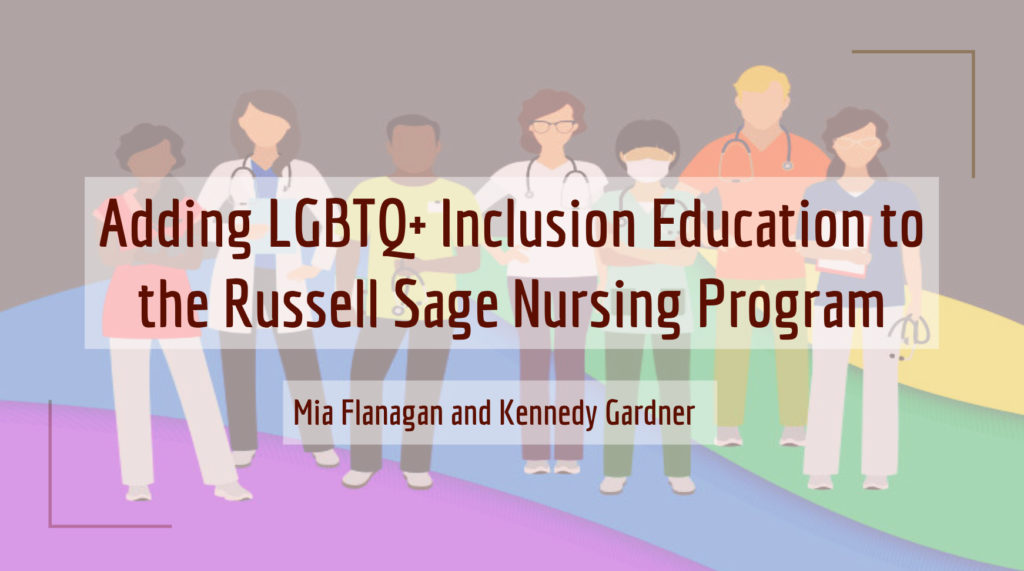
When guest speakers visited Community and Family Health II to speak about how nurses can influence health care outside of a hospital or medical office, they made a lasting impression on Kennedy Gardner and Mia Flanagan. Kennedy and Mia in turn are making a lasting impression on Sage’s undergraduate Nursing curriculum.
“We both thought Sage could be a great place to start to advocate,” said Kennedy. “The undergraduate Nursing curriculum briefly touched upon LGBTQIA+ health but Mia and I felt more time could be dedicated to it.”
“In class, we discussed the inequalities many individuals within this population face. The medical field should be better educated to properly care for them,” Kennedy continued. “Professor Ensminger encouraged us to turn our discussion into a project.”
Kennedy and Mia came up with specific recommendations to weave LGBTQIA+-affirming language and practices into particular classes, and presented their recommendations at a Nursing faculty meeting. Their recommendations included incorporating pronoun variations and current terminology into the Theoretical Basis of Nursing course; incorporating instruction on conducting gender-affirming physical assessments in Health Assessment courses; addressing hormone administration for transgender individuals in pharmacology courses; and addressing gender dysphoria in Psychiatric-Mental Health Nursing.
“Everyone had a positive response to our presentation and we had an overwhelming amount of support,” said Kennedy.
The faculty formed a committee, and invited Kennedy and Mia to join. The committee identified LGBTQIA+-affirming resources and textbooks for fall courses, and trainings for faculty.
They are also embarking on research with the School of Nursing at Johns Hopkins University, which has established a LGBTQIA+ Health Initiative to respond to gaps in LGBTQIA+ health education.
“I am very grateful to be a part of the process,” said Kennedy, who will graduate in December 2021. The future nurse practitioner is interested in both clinical practice with transgender individuals and nursing education. “I would love to bring more awareness and education to the medical field no matter where I end up working.”
Support Group Strengthens Connections with Classmates: Sethann Knauss
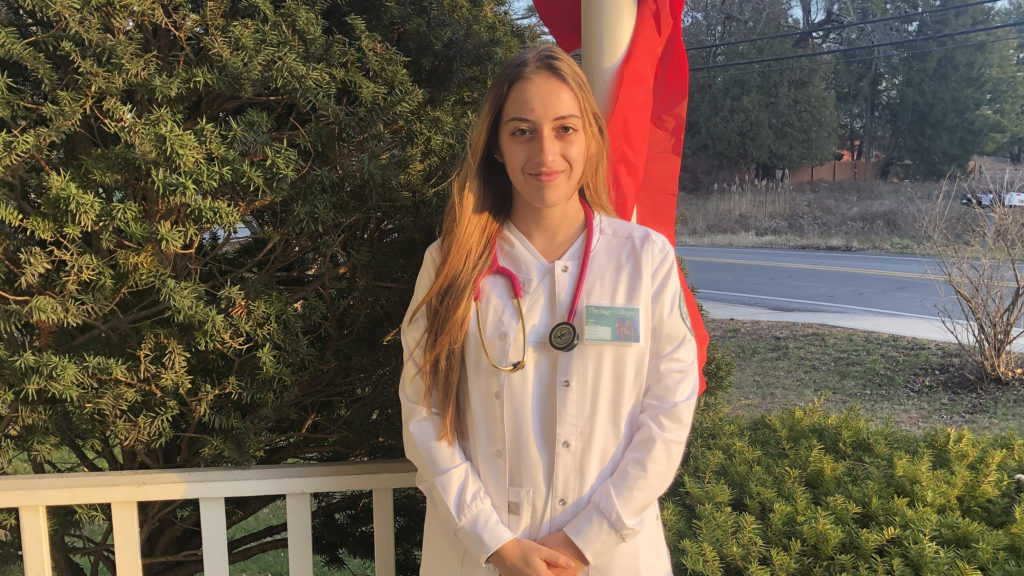
“During the 2020-2021 academic year everyone struggled a bit,” said Sethann Knauss, referring to social distancing, Zoom fatigue and other coronavirus-related stressors. She craved face-to-face time with people who understood.
“I realized that if I needed it, probably some other students needed it as well,” she said. “It would be good, especially during the pandemic, to get something going where people can come and talk and express their concerns and get some help.”
When the need for a student-nurses support group came up during a Nursing 425-Family and Community Health class meeting, Sethann volunteered to start one. She worked with classmates Evelyn Welch and Alicia Sanichar to hold weekly meetings for Nursing students at the end of the spring semester.
They will resume meeting in the fall, “just to bounce ideas around and see other ways in which people cope, during the pandemic and with school itself,” said Sethann. “It was really beneficial. I learned some new things from the other students.”
Sethann plans to work with Professor Ensminger to recruit students from the fall 2021 Family and Community Health class to be co-leaders and ensure the group’s continuity after she graduates in December 2021.
The support group was one of the first activities in the Nursing department’s Watson Room, a dedicated space in Ackerman Hall for Nursing students to recharge (Students in Family and Community Health I and II helped establish the Watson Room as a class project.)
Besides inspiring Sethann to start the support group, Family and Community Health has also inspired her choice of practice area after she graduates. “I’m gearing toward public health in my career,” she said.
Community Nursing Offers Many Ways to Advocate: Christina Urdaneta
“I was speaking with Jill Ensminger one day after class, and we got on to the topic of Community Caregivers,” said Christina Urdaneta.
Community Caregivers is a local organization with a network of volunteers who visit or call community members in need, and offer assistance with light chores or transportation. The organization’s mission aligns with Christina’s interest in how social support impacts health and well-being, and she expressed interest in learning more.
Professor Ensminger and Health Sciences Dean Kathleen Kelly, Ph.D., MPH, MS, FNP, a member of the Community Caregivers Board of Directors, connected Christina with the opportunity to observe a board meeting and to accompany the organization’s nurse on house calls. The experience gave Christina a richer understanding of how nurses advance patient outcomes, public health and their profession through organizational governance as well as direct service.
“The ability to advocate allows the nurse to help address issues that directly affect others which is an asset to any organization,” she said.
Christina is looking forward to building her own career as a nurse and advocate after she graduates in December 2021.
“I have always had a strong desire to help others,” she said. “I also love science. I really want to work in the Neurology field or Psychiatric field. Ultimately I would like to become a nurse practitioner.”


